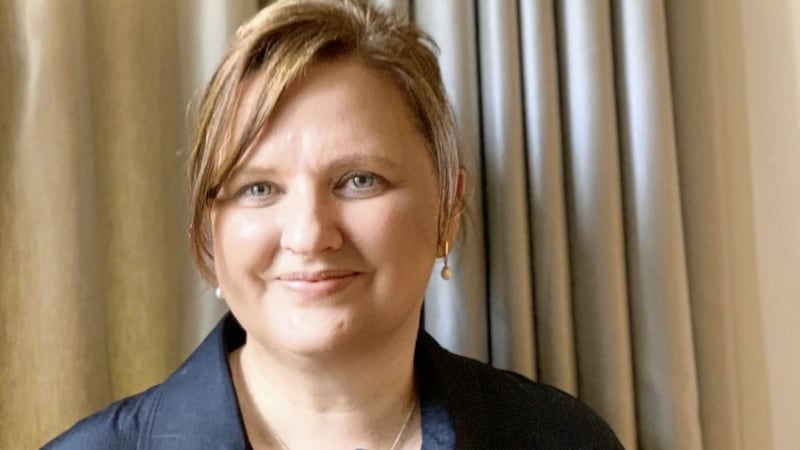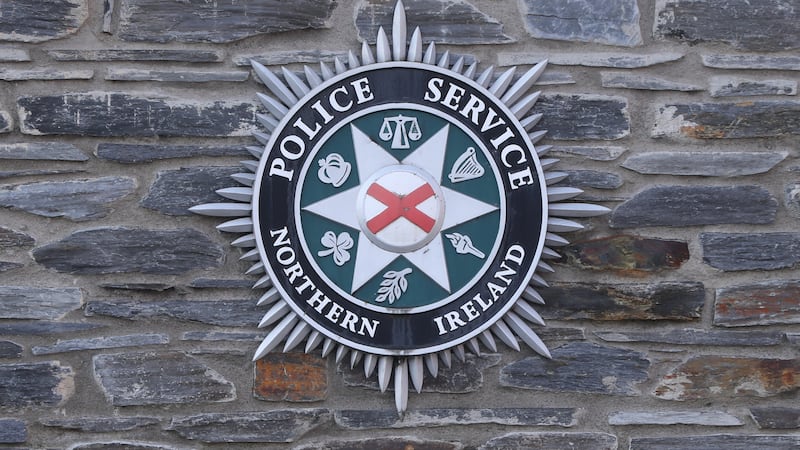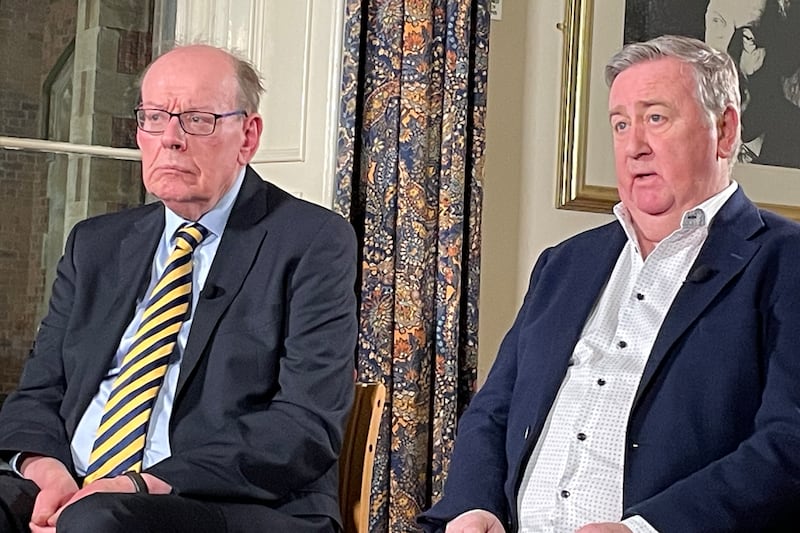"I wanted to make a difference." Those are the words of a social policy graduate from Queen's when asked why she had chosen her degree.
That answer, when given, was immediate and there was a determined note to her voice. She went on to explain how she was sick of things being unfair. Her experience of working in a care home made her sure of one thing - older people need to be a priority for doctors.
As she said: "They don't have a lifetime to recover."
What is social policy? Simply, it is the study of how to tackle social problems. This graduate is, like many of our students, a person with a social conscience. Growing up, they feel angry when they hear news stories about children who, despite having two parents at work, still have to visit a food bank to avoid hunger. Or they make the link between their grandmother's poor treatment in old age to age discrimination which leaves older people socially isolated.
By the time they are finished studying social policy they can link this ageism to the fact that governments feel justified in under-funding care for people simply because they can no longer vote.
What's more, she has the tools to tackle these issues head on. She goes on to work in an organisation which sets out to redress the balance. She goes on to make a difference.
Social policy is almost like the activist wing of the social sciences. We are the people who trawl through the data to find evidence of abuse of human rights, or the gender impact of the pandemic (who does the housework during lockdown is only the tip of that iceberg).
We take it further though - we take this evidence, this raw data, and translate it into tools that can be used by politicians and policy-makers, or used to make those politicians change their policies. We even lobby them with suggestions for distributing public funds in a way that benefit the most vulnerable in society.
In practice, social policy graduates tend to forge three different career paths.
The first is a job with a title like policy/evidence officer in a charity or social enterprise. After a few years of gaining work experience, our graduates go on to do a master's degree in children's rights, or youth justice in order to specialise as an advocate for the rights of children and young people. Other specialisations are around ageing, or in research methods. This route will, within about 10 years of starting their undergraduate degree, normally lead to a senior post in a major charity.
Other social policy graduates go on a fast track into social work or other public sector jobs, and some of our top graduates have walked straight into a job at the Northern Ireland Statistics and Research
Agency and the National Health Service. Think about all the government departments that provide services for vulnerable people - departments of communities, education, health or justice - they all need analysts who understand the impact of their policies on children and young people, women or older people.
That is before we even get into the big policy issues - the current struggle against climate change, for example - which also fall under the remit of social policy.
The third group continue onto a master's and PhD and become academic researchers. Even those of us who have taken that route never leave behind our activist roots. We all have some role where we
sit on boards of charities or engage in campaigns to protect the rights of people who are less fortunate than ourselves.
The society we live in is only as good as the measures it has in place to protect its most vulnerable citizens. The pandemic has shown this, sadly, through the loss of so many loved ones over the past year. If we have gained anything from this miserable pandemic experience, it is that our younger people are selfless and caring. They had been stereotyped as selfie-taking ‘snowflakes’ who are only interested in themselves. The pandemic has shown them to be quite the opposite. Those young people who are still working in supermarkets, or in restaurants limited to takeaways, or any other of a myriad of so-called casual jobs, have demonstrated courage and resilience that elevates them to the more appropriate title of key worker.
The pandemic has shown us we have a strength we never knew and the ability to make a difference. Studying social policy isn't just about getting a degree - it gives those same people, those key workers, of whatever age, an opportunity to turn that passion and resilience into a career that makes a difference.
For more information about studying social policy at Queen's, please visit: www.qub.ac.uk/schools/ssesw/subject-area/social-policy/. An offer holder event will take place on Saturday March 20. Please visit: https://www.qub.ac.uk/Study/AHSS/OfferHolderDay-Mar2021/.
:: Dr Gemma Carney is Disciplinary Lead, Social Policy at Queen's University Belfast







